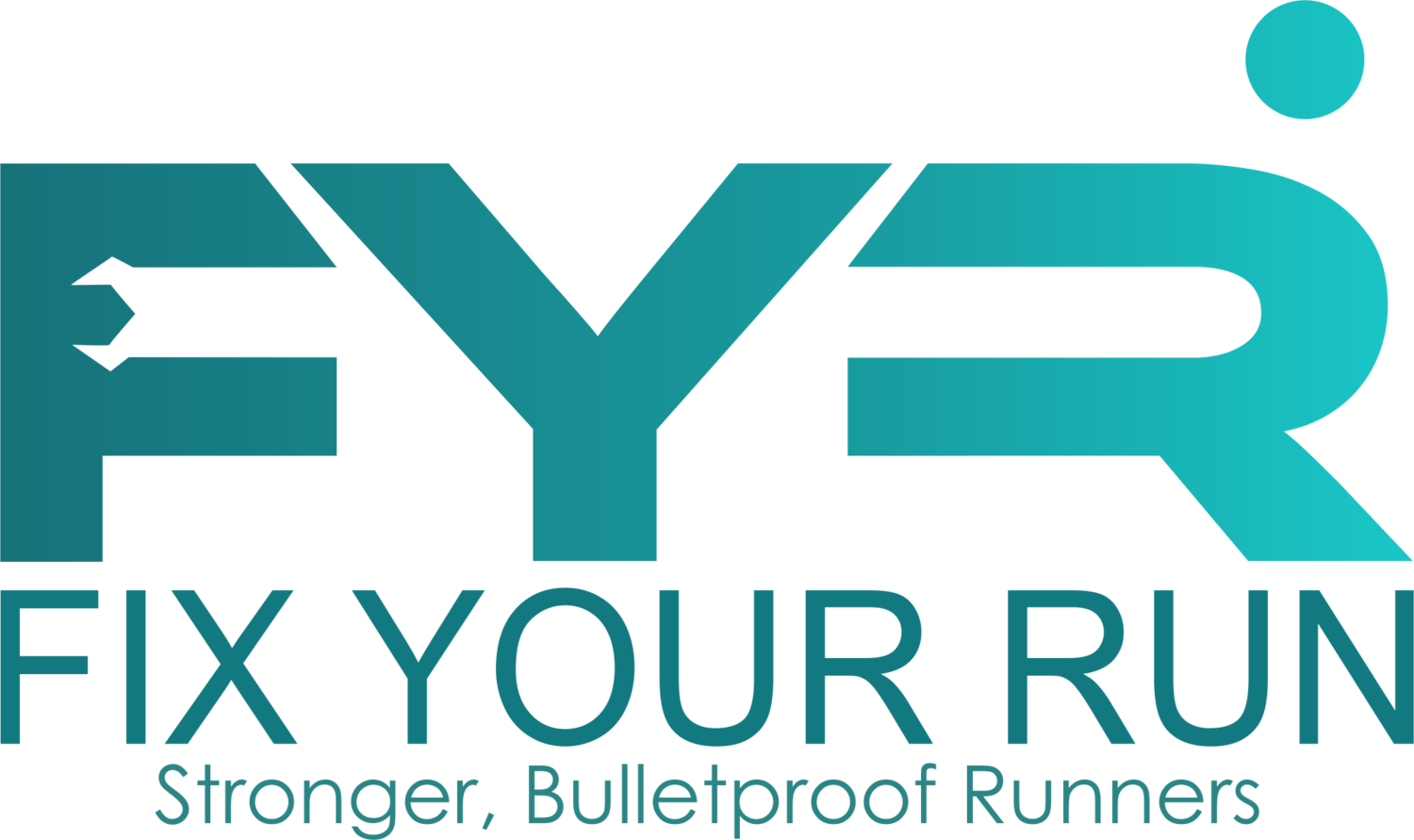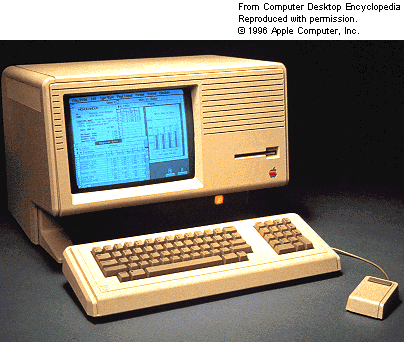The summer is a fantastic time to build your aerobic base for the fall racing season simply because its less stressful on the body to run easy when it's hot outside. And whether you want to race in the New York Road Runners 5th Avenue Mile, the Running For Answers 5K, or one of Philly's great half marathons, you need a strong foundation of easy aerobic miles in order to be successful.
Time and time again I see people run amazing times after a solid period of “base” training, an extended period of lower intensity, higher mileage training. The longer the base phase, the better. About 12 weeks is both practical and effective for a seasoned athlete while a longer base phase will benefit the new runner.
Aerobic?
Briefly, aerobic refers to using oxygen as your primary fuel source as opposed to anaerobic sources like lactate. Since we have an unlimited supply of oxygen, as long as we keep the pace slow enough, we can train ourselves to sustain an easy aerobic pace for a long time. Think of those crazies people running 100 mile races in 15-25+ hours...
Even when I attempt to run a single mile as fast as possible, aerobic fitness matters. By achieving a large base of aerobic fitness, I can “stay aerobic” later into the race. This means that I will be able to sprint effectively during the last lap because I haven't had to tap into my very limited anaerobic reserves.
Thanks to the work of Dr. Phil Maffetone and others we've come to better understand why slow, easy aerobic running can have a positive impact on your fitness and race results. By training slowly:
- The body makes adaptations that simply don't happen as well with high intensity work.
- You are able to run farther and more frequently without breaking down and requiring lots of recovery.
- You establish a huge base of fitness on top of which higher intensity work can more effectively be performed. And the results are more impressive, too!
- You are imparting less stress on the body. Unless you do nothing but eat, sleep and train, you probably have lots of other sources of stress in your life.
The Gray Training Zone – Where You (usually) DON'T Want To Be!
If you're reading this, you may think you know how to run easy, but it amazes me how many people do not actually practice this correctly. Most people are out there running too fast. (not that they think so!)
Many of us settle into what we perceive to be a comfortable pace. Well, what if your perception of comfortable is leading you to run too fast? I guess that's great if you're racing, but not if you want all of those great aerobic benefits.
When running easily, you should be able to breathe solely through your nose. This will be very hard for the person who is not developed aerobically. If this is you, then you need to develop your base.
I think of the gray zone, where it's not that easy and not that hard as being between 80-85% of your maximum heart rate. Proper base training is done between 65-75% effort and is probably close to 180-your age +/– 5 beats per minute if you're healthy. See Maffetone's page for more details.
One exception to this rule is during marathon training specific runs. For most of us, marathon pace is gray zone pace. Although most of our training will be done below this zone and a little will be done above it, it is obviously important to do some long runs at marathon pace in order to adapt specifically to the demands of that pace.
If you don't have a heart rate monitor, then check out coach Greg McMillan's running calculator to determine the proper training paces. It may be surprising to learn that your easy training pace is 1:45-2:15 slower PER mile than your average 5K race pace. If you run a 5K in 8 minute pace, your easy run pace should be 9:45-10:45/mile.
The Runner's Paradox
As an athlete it can seem almost paradoxical to train slow, but trust me, you are MUCH better off if you coax your body to fitness rather than bludgeon your body to it.
New runners: gradually build a huge base and good races will follow. Have patience!
Old runners: after your goal race, return to base building for 2-4 months in order to reach loftier goals next time.
And PS: if you're using running as your primary way of losing weight, you might wanna check out one of my old posts. Slow distance running is definitely not the best way to do it.


